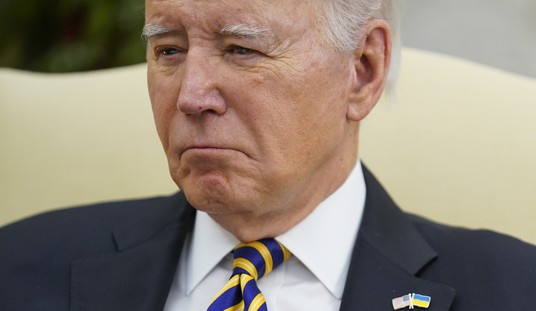President Obama admits “today’s high gas prices are a painful reminder that there’s much more work to do” in a statement released by the White House yesterday. Yet, he fails to mention the work he’s already done to exacerbate our current pain at the pump signifies. Yes, there was the rejection of the Keystone XL pipeline, the hold up of drilling permits, and the relentless calls to single out America’s oil and gas sector for tax hikes. But there are other disconcerting decisions that have yet to draw national scrutiny.
For instance, the administration’s Environmental Protection Agency (EPA) confirmed earlier this year it plans to penalize U.S. fuel suppliers to the tune of $6.8 million for failing to use a biofuel that doesn’t even exist. And this is in addition to the other regulations that impose large costs on American industry and, hence, get passed through to the consumer.
Here’s the background. In 2007, Congress passed a law mandating refiners use a nonexistent product: cellulosic ethanol. Nearly half a decade later, scientific advances still have yet to create a commercially viable fuel from cellulose. But EPA regulators aren’t letting the fact that the fuel is not available stop them from punishing refiners for not using it. (Next they’ll be fining delivery companies for not switching half their fleet to Star Trek style teleportation terminals.)
Needlessly adding to the burden of American fuel manufacturers appears at odds with the President’s promise to try to drive fuel prices down. When federal officials increase an industry’s costs (via taxes, fines, etc.), the price of said industry’s goods or services increases as well. So if EPA goes through with its multi-million dollar fine on U.S. fuel producers, it will just be one more cost that ends up at the pump.
Moreover, these unjustifiable fines aren’t the only steps the administration is taking that hurt rather than help our energy outlook. Consider the federal spending angle. In a Solyndra-esque scenario, Range Fuels, a company founded under the promise of manufacturing cellulosic ethanol, had to admit defeat and close its doors—leaving U.S. taxpayers holding the tab for $156 million in federal loan guarantees and grants.
But the agency’s not backing down. EPA spokeswoman Cathy Milbourn told The New York Times in January “that her agency still believed that the 8.65-million-gallon quota for cellulosic ethanol for 2012 was ‘reasonably attainable.’” And the agency has yet to change its tune. It only goes to prove that nothing is impossible if you don’t have to do it—perhaps one reason why 65 percent of Americans don’t approve of how the President is handling the energy cost issue.
William O’Keefe, chief executive officer of the George C. Marshall Institute, is president of Solutions Consulting Inc.







Join the conversation as a VIP Member